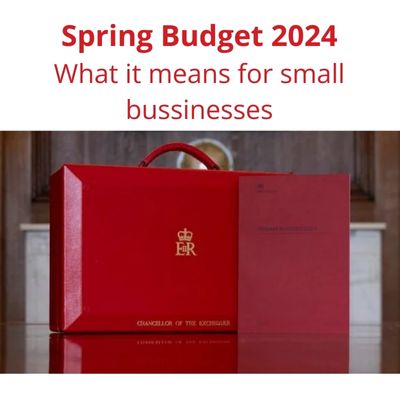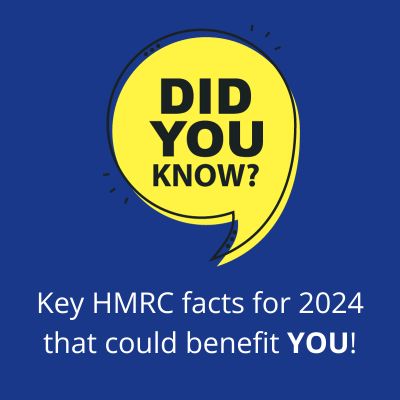Emergency Coronavirus Budget Pencilled In For July
The Chancellor of the Exchequer, Rishi Sunak is preparing to unveil an emergency budget statement in July that aims to tackle the millions of potential job losses due to the coronavirus pandemic.
According to the Telegraph, Mr Sunak has been drawing up plans for his third package of measures since February. His new statement is scheduled for 6 July, which will see the government focussing on retraining and up-skilling furloughed workers at risk of being made redundant.
Mr Sunak recently provided a stark warning to MPs that as many as two million jobs could be lost if restaurants, bars and public houses remain closed for much longer due to the COVID-19 lockdown restrictions.
July’s statement will not be a full budget incorporating tax changes but will provide an outline plan for the recovery of the UK’s economy. This pre-budget report, previously scrapped by former Chancellor Philip Hammond, will have three core sections.
Firstly, the plan will outline new and innovative ways of retraining workers made redundant once the Coronavirus Job Retention Scheme draws to a close in October.
Secondly, it will strengthen its commitment to plans for significant infrastructure spending. And finally, it will also provide a vote of confidence in the UK’s tech sector with fresh investment.
The statement is likely to be made just a few days after a speech from Prime Minister Boris Johnson, that is reportedly scheduled for the end of this month. The PM’s speech will no doubt assess the state of play once non-essential high street stores have been opened to the public from 15 June.
Paul Johnson, director at the Institute for Fiscal Studies (IFS) has already called on the Chancellor to consider taxation changes for the short and long-term health of the UK economy.
Mr Johnson believes scrapping stamp duty land tax would breathe new life into the UK housing marketplace.
“If there is ever a point at which you want to be encouraging people to be moving and spending, this is probably it,” added Johnson.
He also pointed to the reformation of taxes like council tax, given that he feels this is now “a moment when some of these more difficult [decisions] are possible”.
However, policies made to increase spending may miss the mark, according to Kallum Pickering, UK economist at Berenberg, who warns the big risk facing the economy is a “paradox of thrift” that cannot be easily solved with tax cuts or stimulus cheques.
As businesses and consumers are wary of facing a second wave of infections, they could hold back on spending, even if their incomes receive additional support.
The paradox of thrift is when the increased saving depresses economic activity and holds back the recovery. Economists fear this precautionary saving by cautious consumers and businesses could last until a vaccine is found.
“This can be a very damaging cycle,” says Pickering. “Tax cuts won’t work because if you cut taxes when the inclination is to save, what will happen is saving goes up even further.
“What the government needs to do is run a deficit but actually spend money.”
If you need bookkeeping services in Amersham, come and talk to us today.





